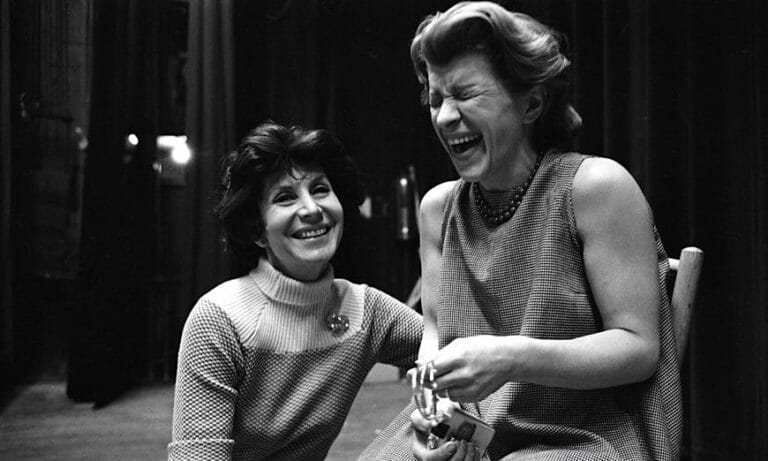By Jameson Brown · November 14, 2014

To continue our Screenwriters You Need to Know series, we give you list number three. From classic screenwriters to more contemporary screenwriters, this list is about as diverse, and talented, as it gets.
5. Aline Brosh McKenna
Aline is that highly skilled screenwriter no one sees, but her work is seen by all. She’s penned the adaptation of The Devil Wears Prada, Morning Glory, Three to Tango, and the list goes on. Her skillset lies in perfectly capturing female voices that are hesitant and nervous to begin with, but end the final Act in triumph and much deserved glory.
4. David O. Russell
O. Russell has been in the game a long, long, long time. Russell’s mastery of screenwriting is due to his ability to generate diverse stories – his content pockets run deep. Be it a sports story or a dysfunctional family story, David O. Russell is talented at crafting films that resonate and pierce through cliches with bold characters and an offbeat style of writing.
3. John Patrick Shanely
Shanely comes in at number three, as he, like O. Russell, is a man of many wheelhouses. His content spectrum is almost endless. From Moonstruck to Doubt, he has penned unique screenplays that range from character studies to drama based stories. With that being said, every good screenwriter writes some stinkers, cough, cough Congo.
2. John Ridley
His feature career kicked off with the decently impressive U-Turn, as it was followed by a LOT of teleplay writing. Eventually, he circled back to feature screenwriting and landed an Oscar for 12 Years a Slave. Ridley is a role model to look at when learning how to adapt a screenplay from other source material. He understands perfectly how to trim and cut what is absolutely needed to be engaging onscreen, while still being faithful and coherent.
1. Betty Comden
A master writer of all trades in her era and ours, Betty Comden will forever be remembered for Singing in the Rain. Her true talent, though, was rooted in musical writing, which then transitioned into screenwriting. Comden represented what it meant to be a genuine artist. She understood words and their place on paper, instruments and the big screen. Few people can pull off that hat trick.